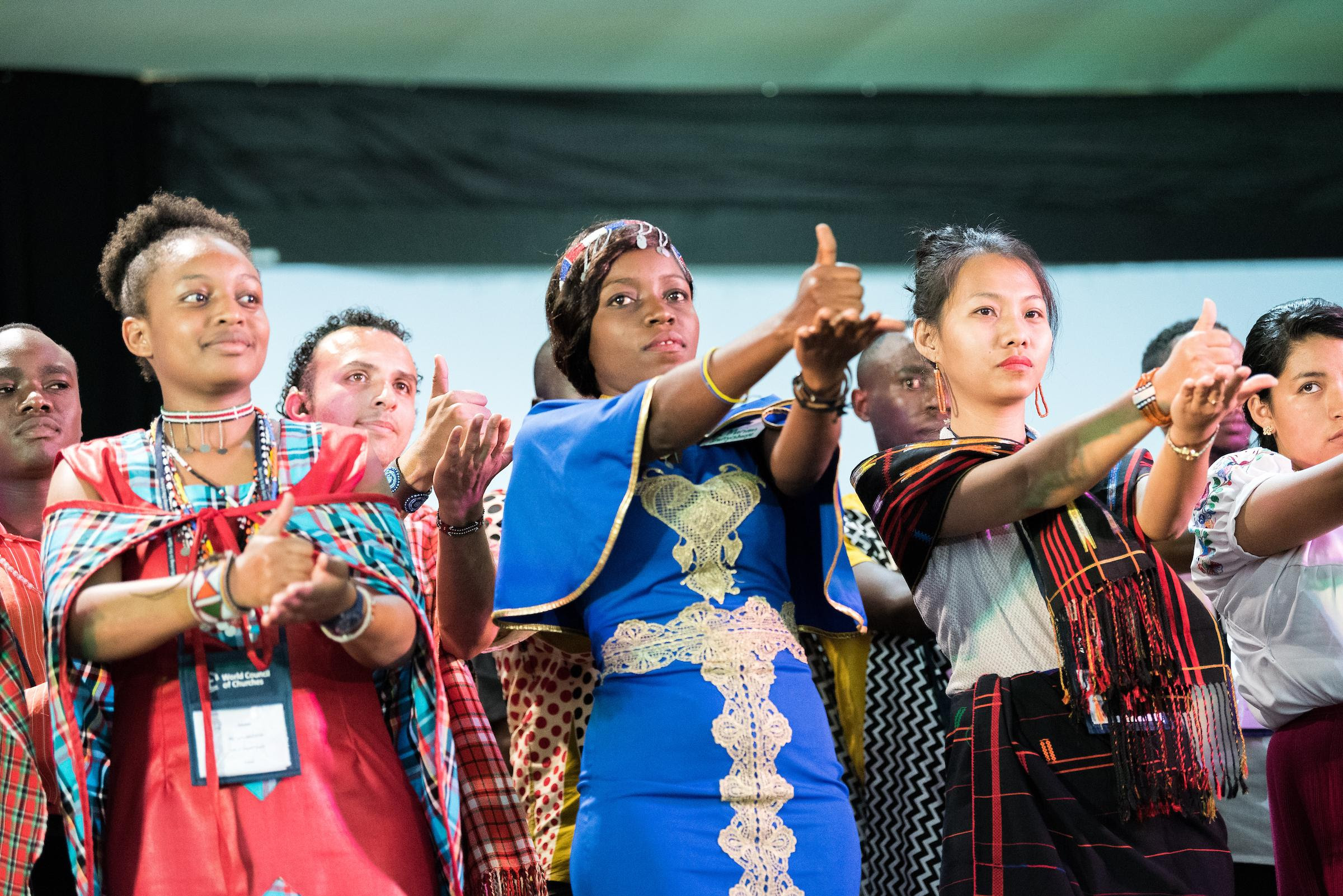With the document “Inclusive and Accessible Communication for All,” the World Council of Churches (WCC) presents an evolving set of guidelines that shine a light on how inclusive communication is not only possible but is part of a Christian calling. It’s “a continuous journey,” the text notes—a journey that encompasses everything from social media, print, video, oral communication, and more. Given the challenges facing the world today, we may well ask: How much do we know about what it means to be an inclusive communicator? “When approaching questions of inclusivity, don’t rely on what you think you know, but rather involve and consult persons with disabilities on their communication needs and how they can best be met,” suggests the text in the introduction. “Inclusive, accessible communication is a continuous journey, and every step can be significant in scaling up efforts towards inclusion.” Digital justice and inclusivity issues have been uppermost in the minds of ecumenical communicators. The guidelines state that the WCC will consistently review options for reasonable accommodation for needs of persons with disabilities across online channels—a practice that can be replicated by member churches and by communicators of good will across the world. “It is also important to bear in mind that specific sets of channels, tools, or technologies – such as, for example, tools for online conferencing – may facilitate participation for some people, but at the same time, risk excluding others, and that measures for inclusive communication may need to be taken accordingly,” notes the guidelines. | 




No comments:
Post a Comment